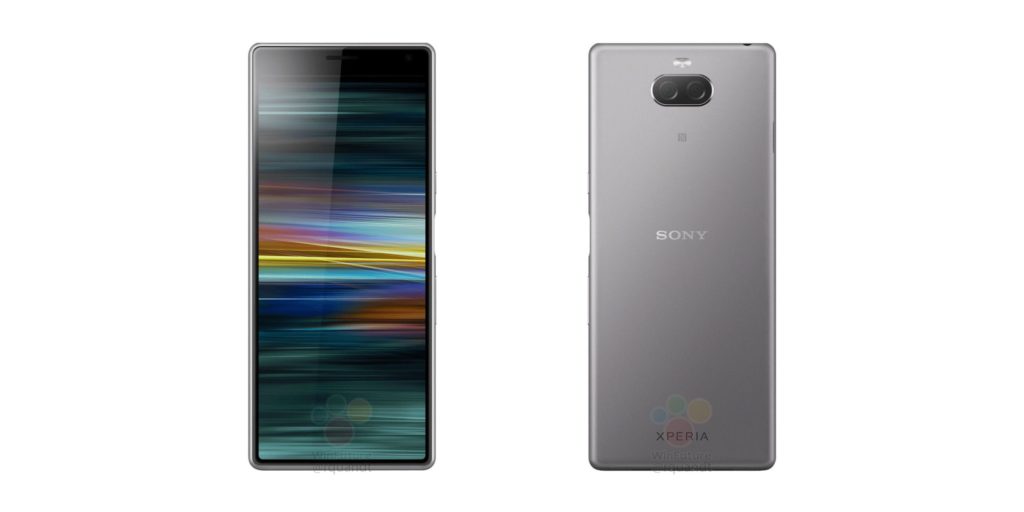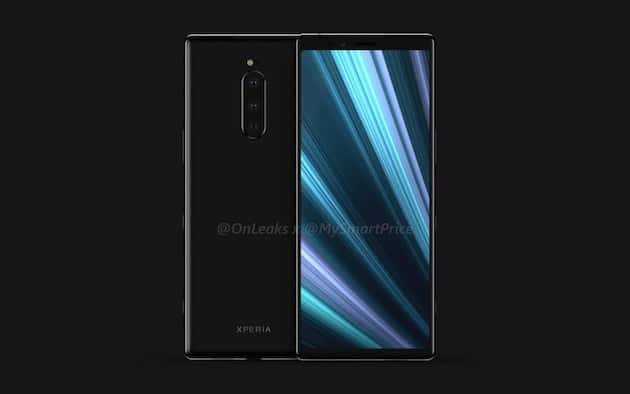Just like all other Snapdragon 810 devices, Sony’s latest flagship — the Xperia Z3+/Xperia Z4 — suffer from overheating issues. The problem is so bad that NTT DoCoMo has even put up posters in its retail stores in Japan with tips for users on what to do to avoid the overheating issues.
Now, Sony has issued an official statement to the folks over at GSMInfo, who contacted the Japanese company about the overheating issues on their Z3+ unit. The website noticed that the phone got very hot while using the camera or other heavy applications, which was followed by an overheating warning being displayed on the screen.
The official statement from Sony is below:
“The Xperia Z3 + is a high-performance 64-bit octa-core device with advanced camera technology, in some cases, additional heat can cause additional heat can stop! Enabling applications can also be felt by the user through the glass on the back. This is normal for the unit and no cause for concern.”
The company has also promised to roll out a software update that will improve the thermal management capabilities of the handset. The HTC One M9 had faced similar overheating issues when it launched, and HTC had released a similar update for the handset to fix the issue. The update actually clamped the processor speeds heavily to avoid overheating under load, but the issue still persisted.
With almost all Snapdragon 810 powered devices suffering from overheating issues, it will be wise for consumers to avoid them for now and go for devices like the LG G4 and Galaxy S6, which use different and cooler chipsets.
[Via GSMInfo]


















